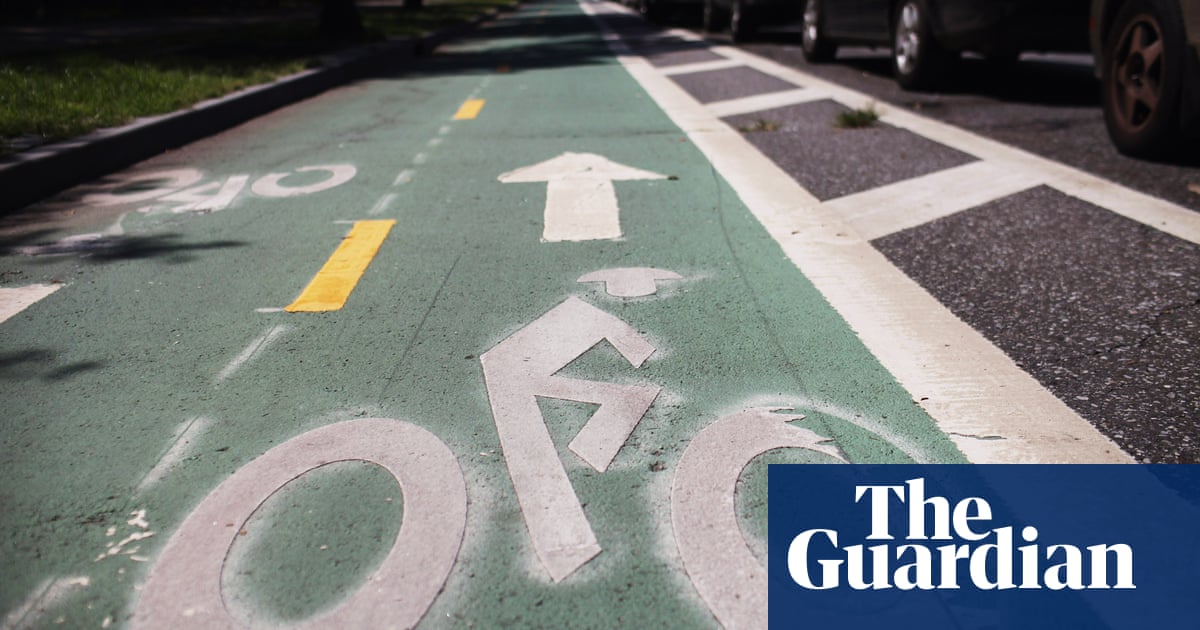Archived version: https://archive.ph/hguLn
Excerpt (and context):
Apple Maps’ offering might surprise people who remember its disastrous launch in 2012, which the Guardian described as the company’s “first significant failure in years”. Users were more than furious – they were lost, sometimes dangerously so. In Australia, police had to rescue tourists from the huge Murray-Sunset national park, after Maps placed the city of Mildura in the wrong place by more than 40 miles. Some of the motorists located by police had been stranded for 24 hours without food or water. In Ireland, ministers had to complain directly to Apple after a cafe and gardens called “Airfield” was designated by the service as an actual airport.
But mostly the map was just glitchy and unhelpful, its directions always a little off kilter. Users revolted and Apple made a rare retreat, allowing Google Maps to be used as the default on many iPhone apps and apologizing for the product.


I’d say ditch both Apple and Google and use an app based on OpenStreetMap data. The mapping data shouldn’t belong to any corporation that can decide to restrict access tomorrow. Use OpenStreetMap and if you find the mapping is not good enough contribute to improve it, just like one can do in Wikipedia.
To access OpenStreetMap data I’d recommend the apps Organic Maps (lightweight and simple) or OsmAnd (more feature packed but heavier). Magic Earth is also an alternative.
You are right about this and it’s something I’d not given any thought to. Checking out your recommendations. Thank you.
You’re welcome. Take into account that switching from Apple / Google Maps to one of those apps is quite a change and takes some time to get used to: they work offline (which is great for hiking or traveling abroad) so you need to download the maps you’ll use beforehand. Also the data might be incomplete… but you can help to improve it, which I find really cool. And it’s important to realise that the data doesn’t come from the same source as the app, so missing map data is not the app developer’s fault. Finally there’s no business reviews or ratings, which I don’t personally miss, but I understand some people will.